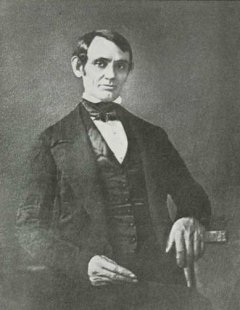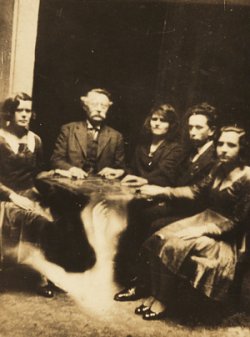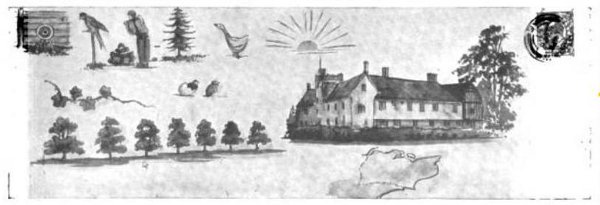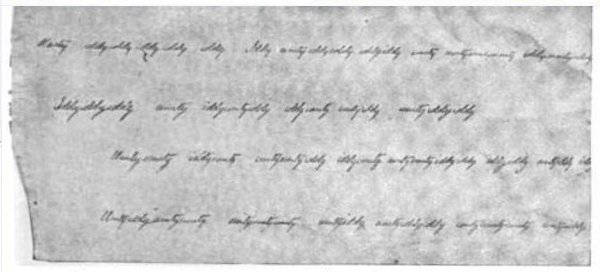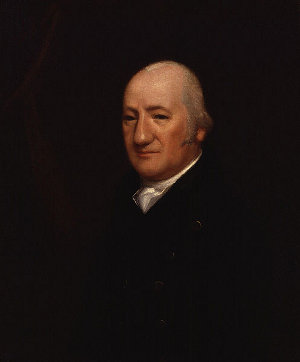“The mind is at its best when at play.” — J.L. Synge
In this spirit, Synge invented Vish (for “vicious circle”), a game designed to illustrate the hopeless circularity of dictionary definitions.
Each player is given a copy of the same dictionary. When the referee announces a word, each player writes it down and looks up its meaning. Then she chooses one word from the definition, writes that down and looks up its meaning. A player wins when the same word appears twice on her list.
The point is that any such list must eventually yield circularity — if it’s continued long enough, the number of words in the list will eventually exceed the total number of words in the dictionary, and a repetition must occur.
“Vish is no game for children,” Synge writes. “It destroys that basic confidence in the reasonableness of everything which gives to society whatever stability it possesses. To anyone who has played Vish, the dictionary is never the same again.”

